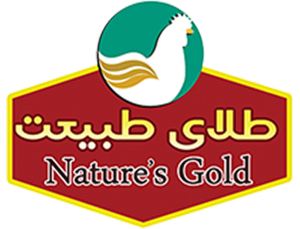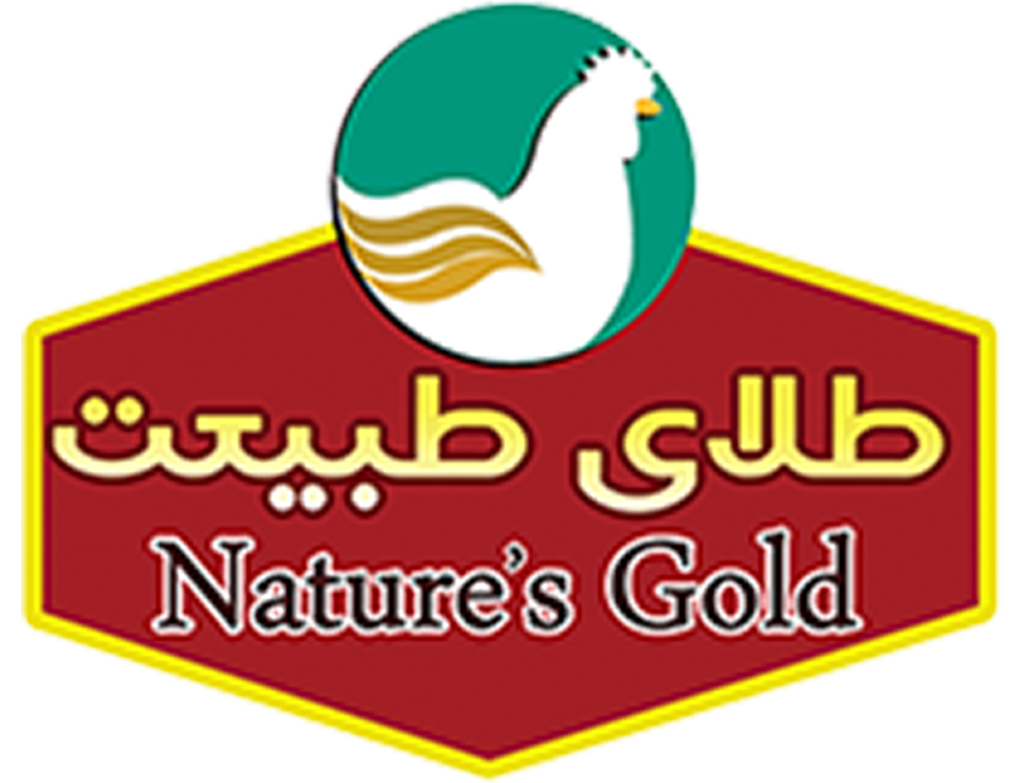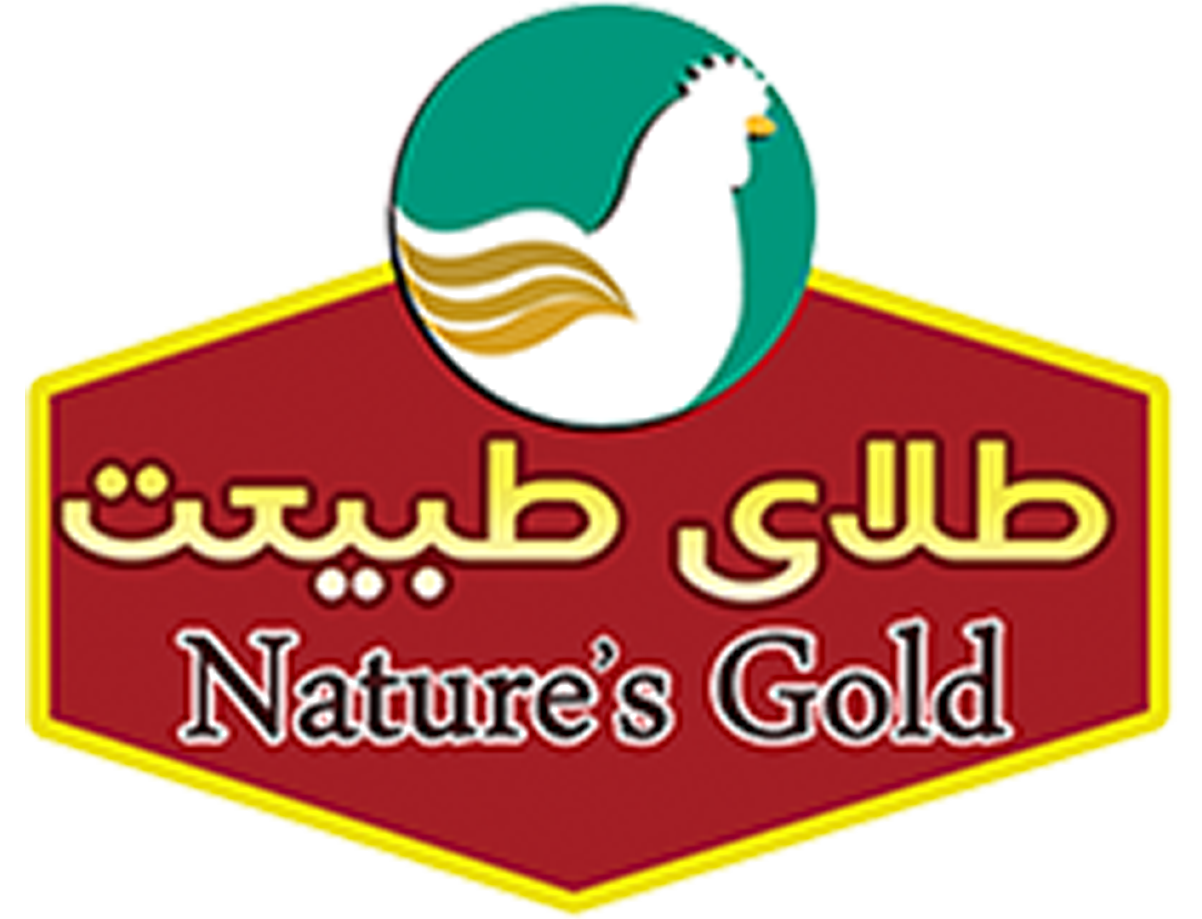Medicinal plants are rich in antioxidant and antibacterial compounds such as carvacrol, thymol, alpha-pinene, cineole, menthone and menthol. These compounds regulate and strengthen the immune system by improving the activity of lymphocytes, macrophages and natural killer cells.
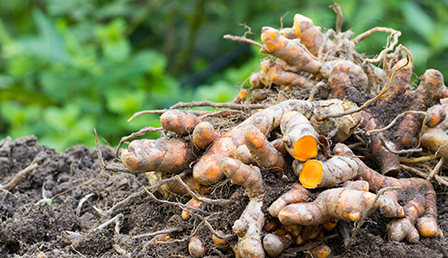
Turmeric (scientific name: Curcuma longa) is native to the Indian subcontinent and Southeast Asia. Numerous studies have shown that turmeric has the effective ingredient curcumin and many other compounds such as tetrahydrocurcuminoid, bis-demethoxycurcumin and demethoxycurcumin. The use of turmeric in the diet improves the activity of antioxidant enzymes such as catalase, superoxide dismutase and glutathione peroxide in the liver, thereby causes the removal of free radicals and decreases the level of lipid peroxidation. On the other hand, ingredients exist in turmeric has properties that increases the digestion of fats, bile, and food digestion which in turn improves the function of the digestive system.
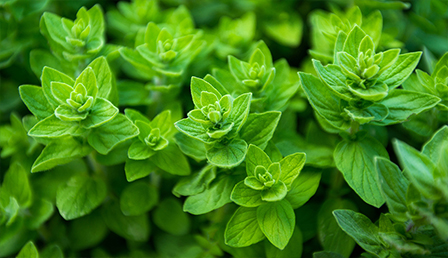
Oregano (scientific name: Origanum Vulgare) belongs to the mint family and is native to the temperate regions of Europe, Asia and North Africa. To date, more than 250 species of this genus have been reported in the world and 67 species have been reported in Iran. The effective compounds found in oregano plant are carvone, menthol, limonene, menthone, betapinene, alpha pinene, tannin and geraniol, which have the effect of disinfecting the digestive system and reducing the population of harmful microbes. Also, these compounds increase the digestion and absorption of nutrients, and as a result, improve the production percentage and production performance by increasing the amount of secretions of the pancreas and other digestive organs.
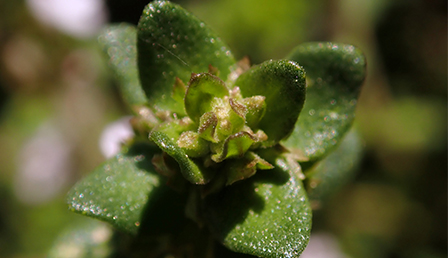
Thymus (scientific name: Thymus Vulgaris) is an aromatic plant belonging to the mint family and native to the Mediterranean region. It is considered mostly due to its antioxidant property, disinfectant and antibacterial properties. The most important compounds of thymus are thymol and carvacrol, which have strong antioxidant properties. Also, thymus plant stimulates the secretion of digestive enzymes such as amylase, lipase, and protease which in turn improves the digestibility of nutrients.
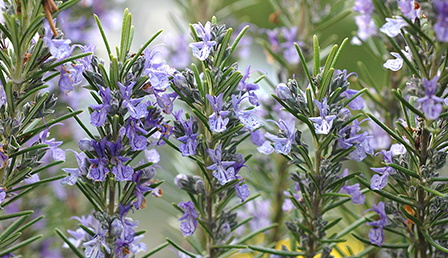
Rosemary or Aklil Koohi (scientific name: Salvia rosmarinus) is a fragrant plant belonging to the mint family, native to Africa, Europe, Western Asia, and the Mediterranean. The effective ingredients of this plant are essential oil, tannin, carnosol, and terpene, which give rosemary antioxidant, antibacterial, and antifungal properties.
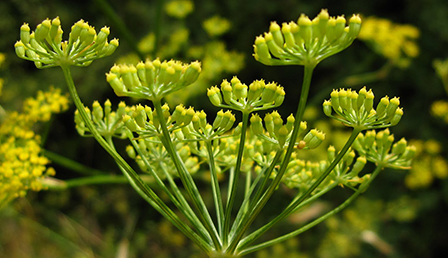
Fennel (scientific name: Foeniculum Vulgare) is a flowering plant from the umbel family, native to southwest Asia and southern Europe, especially the Mediterranean region. This plant is rich in compounds such as estrogen hormone (phytoestrogens). The most important components of the fennel plant are trans-anthole, estragole, fenchone, limonene, cineole and vitamin A. These substances promote stomach function, are anti-flatulence and increase breast milk. It also contains oils that reduce intestinal swelling and inflammation and have antibacterial properties.
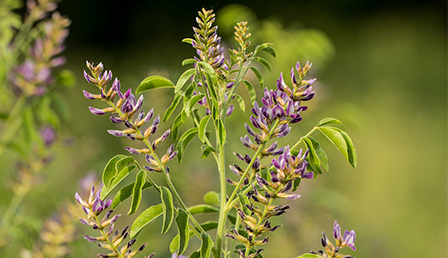
Liquorice plant (scientific name: Glycyrrhiza Glabra) is a forage plant native to the Mediterranean regions and certain parts of Asia. The most important effective substance in liquorice is glycyrrhizic acid, the highest amount of which is saved in the roots. Liquorice has anti-bacterial effects and strengthens the body’s immune system, which has been used in the treatment of many diseases. Also, this plant has anti-inflammatory, anti-cancer, antiseptic, antibacterial and fungicidal activities. Numerous Studies show that liquorice root naturally protects the digestive and respiratory system, heart, liver and spleen.
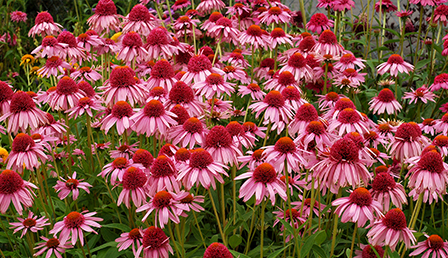
Echinacea (scientific name: Echinacea Purpurea) is a kind of Asterales, native to North America, most parts of Europe, Asia and Iran. Among the effective components of the plant are lipophilic (such as alkamides and polyacetylenes), water-soluble polysaccharides, caffeic acid derivatives (such as echinacoside, chicory acid, caffeic acid) and flavonoids. The root and aerial part of Sarkhargol has immune system strengthening, anti-inflammatory and antioxidant properties and is used to treat and alleviate the symptoms of various infections and inflammations. Another use of this plant is in treatment of respiratory tract and digestive tract problems (indigestion or diarrhea).
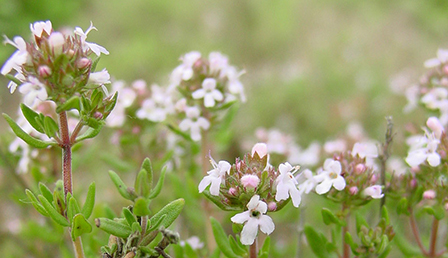
Summer savory (scientific name: Satureja Hortensis), an aromatic plant with a variety of 200 species which is native to the Mediterranean, Asia and North America. It has effective compounds such as thymol, carvacrol and gammaterpinene, which have been used as a natural and potential antioxidant source in the treatment of many diseases. Different types of summer savory have antioxidant, analgesic, anti-infective, anti-microbial, anti-viral, anti-fungal and anti-protozoal properties.
